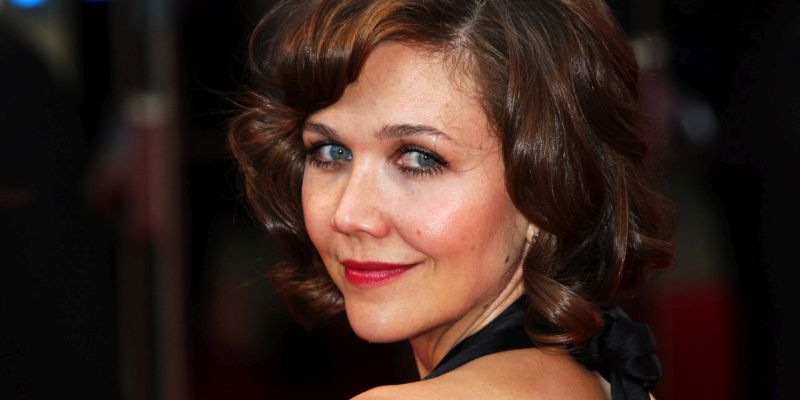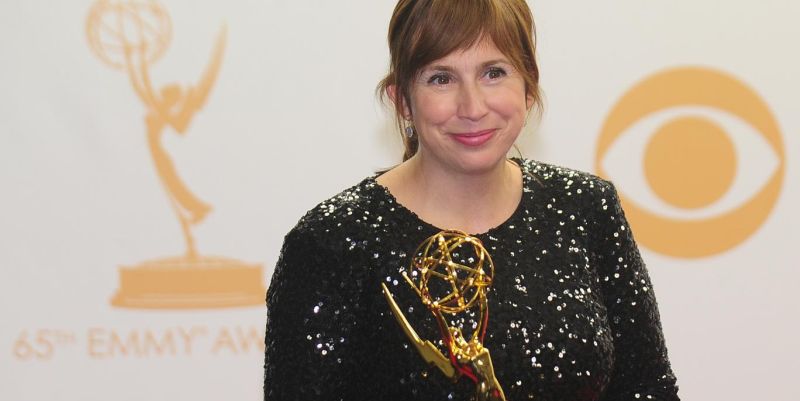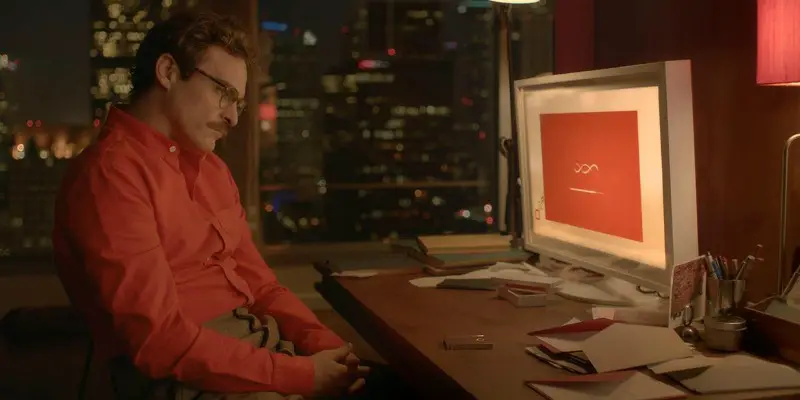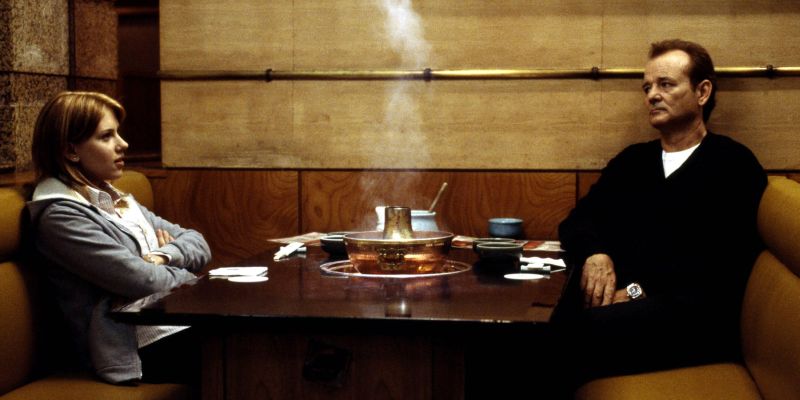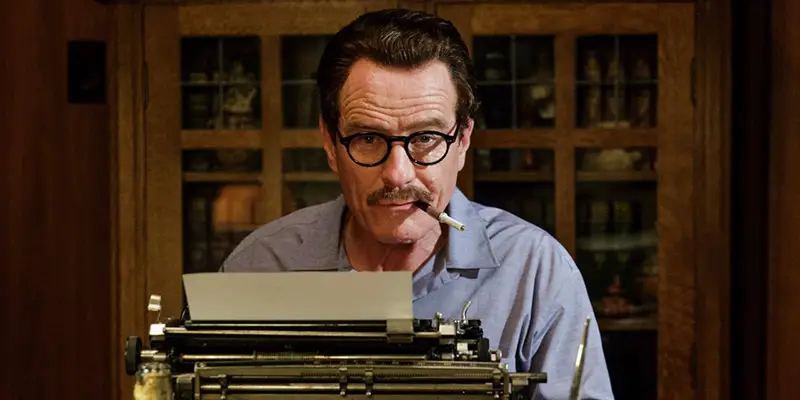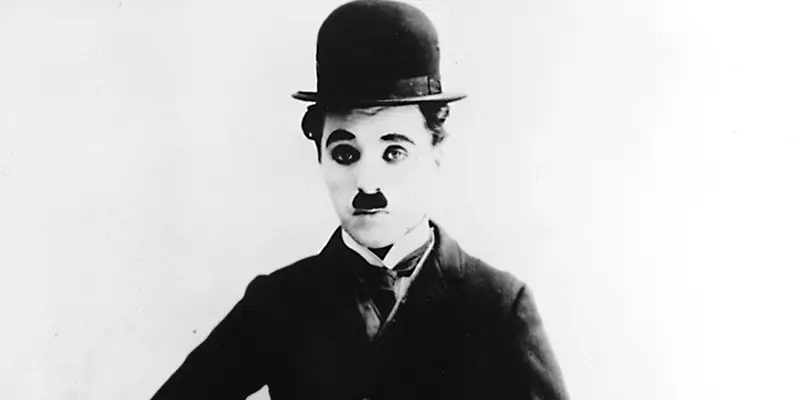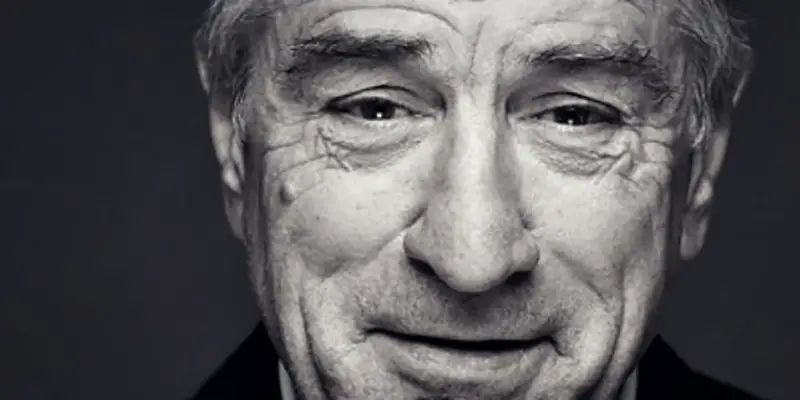
Legend is a word that is batted around pretty easily these days, but one person who is fully deserving of that title is Robert De Niro. One of the most celebrated actors of his generation, the New York born actor has ascended Hollywood’s ranks and is now considered by many to be on par with the likes of Marlon Brando. With seven Academy Awards nominations (two wins), as well as being nominated for eight Golden Globes (one win) and six BAFTAS, De Niro is held in high regard by the industry and public alike, in spite of some questionable career decisions in recent years.
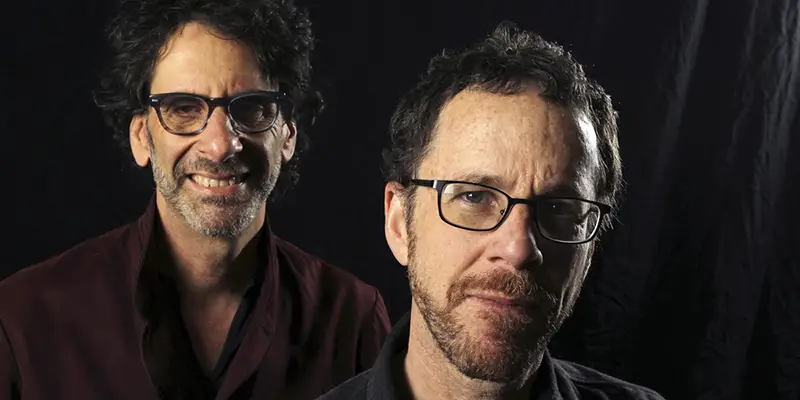
Since they first hit cinema screens in 1984, the Coen Brothers have had a firm grip on audiences and critics alike. Renowned for their idiosyncratic, high quality work, they have found themselves increasingly in demand with studios and actors, many of whom aim to make their next project a Coen Brothers film. They have written, directed and produced all of their own pictures, edited most of them, and have recently ventured into the ‘gun for hire’ realm of screenwriting, contributing to Steven Spielberg’s Bridge of Spies, Angelina Jolie’s Unbroken, Michael Hoffman’s Gambit, and George Clooney’s upcoming Suburbicon.
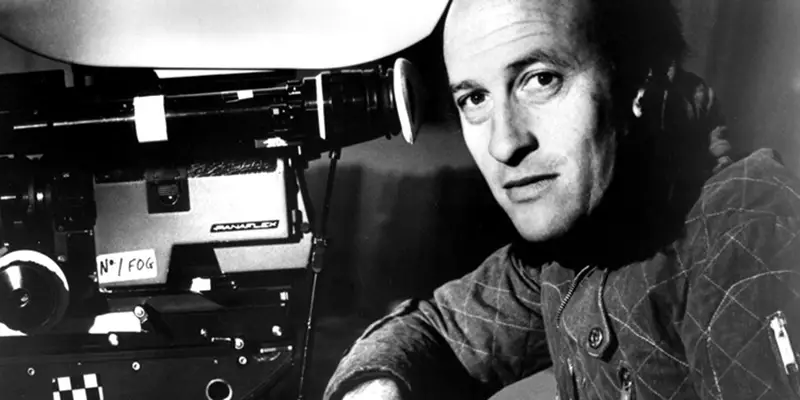
With Batman v Superman getting ready to take over the world, the previous incarnations of The Caped Crusader and The Man of Steel are trending once again. Some of the finest actors and directors in Hollywood have had dealings with these two superheroes over the years, but one such luminary, it seems, has never been forgiven for the way he treated the Son of Krypton 36 years ago. However, it really does need pointing out to some ardent Superfans that far from a being a hack director-for-hire, Superman II director Richard Lester is actually one of the most important names from the New Hollywood era.
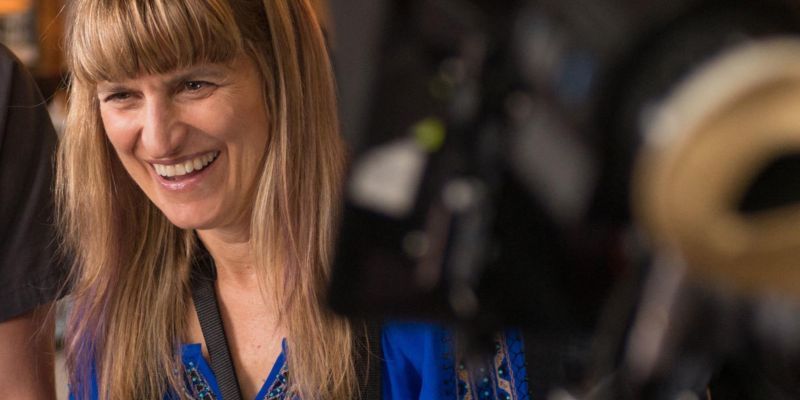
Catherine Hardwicke’s name may now be synonymous with a certain teen vampire movie, but her career has spanned a diverse and accomplished selection of films encompassing skateboarding SoCal teens, adolescent angst, fantasy action and moving comedy drama. Hardwicke is now also well-known for her work in raising the profile of both female filmmakers and highlighting the industry bias against them, an issue she has experienced first hand throughout her career and one on which she is not afraid to speak out. Whatever project she undertakes, her work is full of energy, vibrancy, and authenticity.
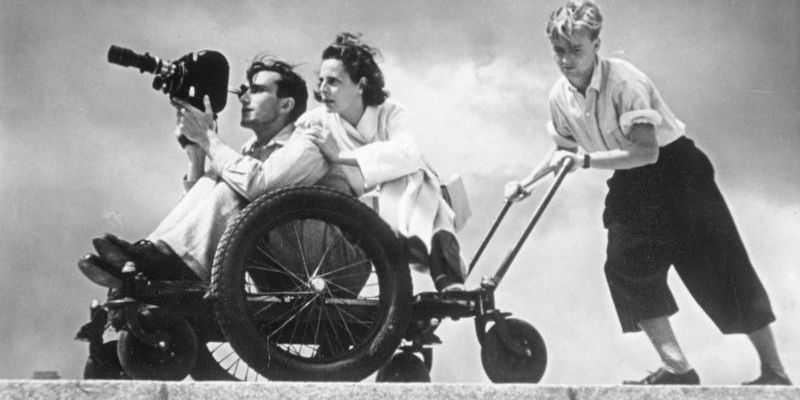
Some of you may have come across Helene “Leni” Riefenstahl, so I hope you’ll forgive the introduction for those who haven’t. Born in 1902 in Berlin, Germany, Riefenstahl defied gender norms and became one of the most successful documentary filmmakers of the 1930s. At a time when most industries, especially film, were dominated by men, Riefenstahl found herself not only directing films but developing new techniques which influenced cinema up to this very day.
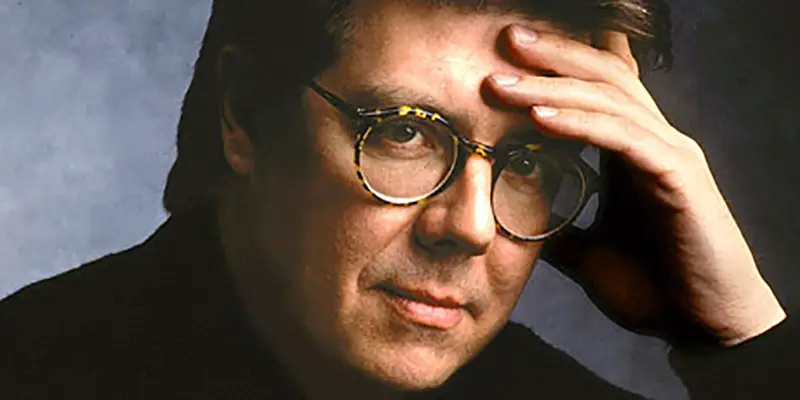
Accurately reflecting teenage experience in film is no mean feat, and there aren’t many filmmakers to achieve it like John Hughes. Born in Michigan in 1950, Hughes described himself as a “quiet kid” who loved The Beatles. Aged 12, he and his family moved to the Chicago suburb Northbrook in Illinois.
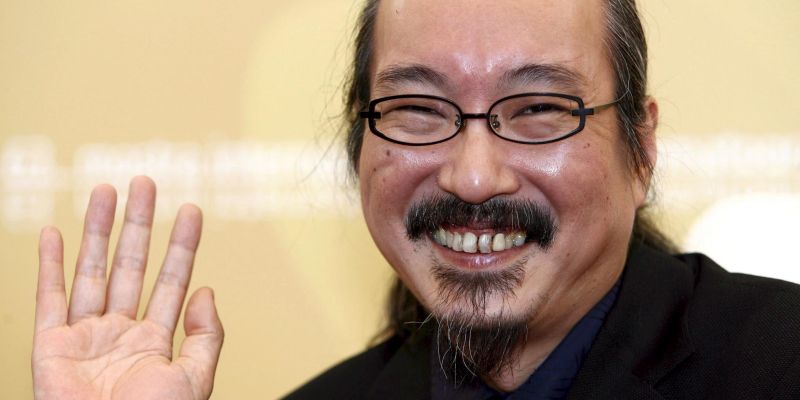
Among the animation giants of Disney and DreamWorks, it’s good to recognize directors who have perfected their craft outside the western sphere, and we’re not talking Hayao Miyazaki here (although he’s but a stone’s throw away). Satoshi Kon is a Japanese anime director known for his blending of fantasy and reality in his slickly edited films. In contrast to the magical animated realities of Studio Ghibli, Kon’s realities are completely grounded in the modern era, their subject matter rooted in the intertwining of identity and technology.
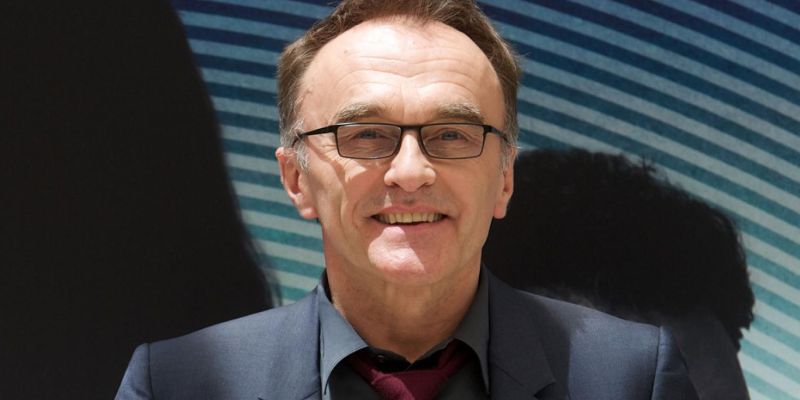
Since breaking out with Trainspotting 20 years ago, director Danny Boyle has proven himself to be one of the UK’s most diverse filmmakers. Growing up in Greater Manchester, UK, in a working class Irish Catholic family, Boyle spent eight years as a choir boy and intended to join the Priesthood, deciding against it at the age of 14. He went on to study English and Drama at Bangor University and began his career in theater in the 1980’s.

The independent film movement of the 1990’s allowed for a range of young, hungry filmmakers to move to a forefront which many directors nary got a chance to experience in the past. Yearning for voices which were “out of the box” in story, dialogue and acting, these indie flicks began to span beyond just arthouse cinema. Creatives didn’t always have to rely on big studio backing to get their projects off the ground.


